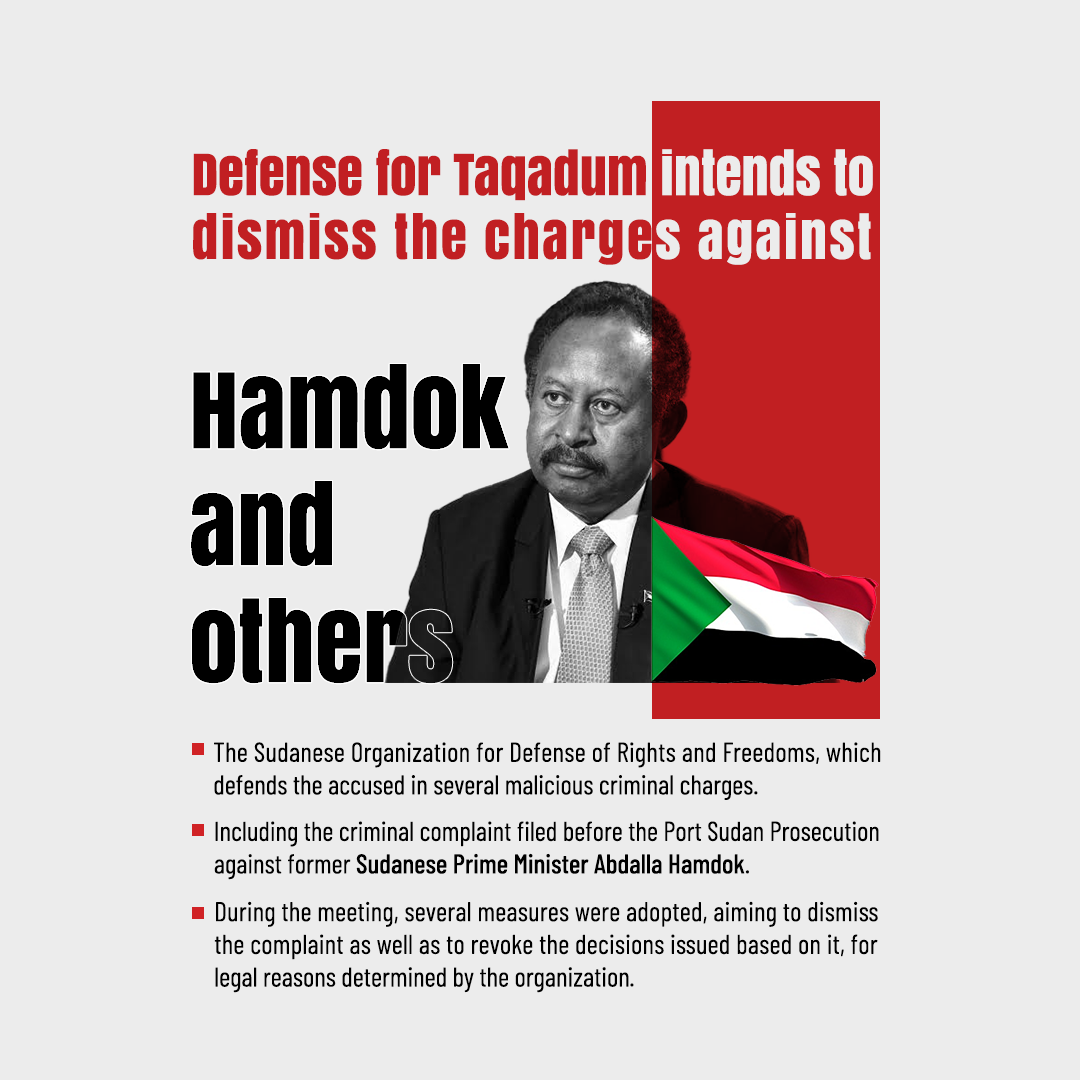Alleged Assassination Attempt on General Burhan: A Plot by Military and Islamist Factions to Sabotage Geneva Peace Talks
The political landscape in Sudan has been fraught with tension, particularly in the aftermath of an alleged assassination attempt on General Abdel Fattah al-Burhan, the de facto leader of Sudan. This event has sparked widespread speculation and concern, especially as it coincides with critical international peace talks scheduled to take place in Geneva. The attempt has been linked to internal military factions and the Islamist movement, both of which are reportedly unhappy with Burhan's participation in the upcoming negotiations.
Reports suggest that elements within the Sudanese army, in conjunction with the Islamist movement, may have orchestrated the assassination attempt due to their dissatisfaction with Burhan's willingness to engage in peace talks in Geneva. These groups are known to have significant influence within Sudan's political and military structures and have historically opposed any dialogue that could potentially diminish their power or alter the status quo. Their resistance to Burhan’s participation in the Geneva talks stems from a fear that the negotiations could lead to compromises that weaken their position in Sudan's future governance.
However, a counter-narrative has also emerged, suggesting that the assassination attempt might have been a calculated move by the Islamist movement itself. By fabricating such an event, they could effectively disrupt the Geneva talks and maintain their grip on power. This theory posits that the assassination attempt was not a genuine threat but rather a ploy to create chaos and undermine international efforts to resolve Sudan’s ongoing crisis. If this is the case, it reflects a strategic maneuver designed to derail peace efforts and keep Sudan in a state of uncertainty, which has often benefitted these factions.
Implications for Geneva Peace Talks:
The timing of the assassination attempt raises serious questions about the stability of the peace process. If the attempt was indeed orchestrated by military and Islamist factions opposed to Burhan’s involvement in the Geneva talks, it underscores the deep divisions within Sudan’s power structures. On the other hand, if the attempt was staged as a distraction, it highlights the lengths to which these groups might go to prevent any diplomatic resolution that could threaten their influence.
The alleged assassination attempt on General Burhan has added a new layer of complexity to Sudan’s already volatile political situation. Whether this event was a genuine act of violence or a strategic ruse by those opposed to international intervention, it clearly demonstrates the formidable obstacles facing any attempt to bring lasting peace to Sudan. As the Geneva peace talks approach, the international community must remain vigilant and aware of the intricate dynamics at play within Sudan’s political and military landscape. The outcome of these talks, and the truth behind the assassination attempt, could significantly impact the future of Sudan and its journey towards peace.



تعليقات
إرسال تعليق